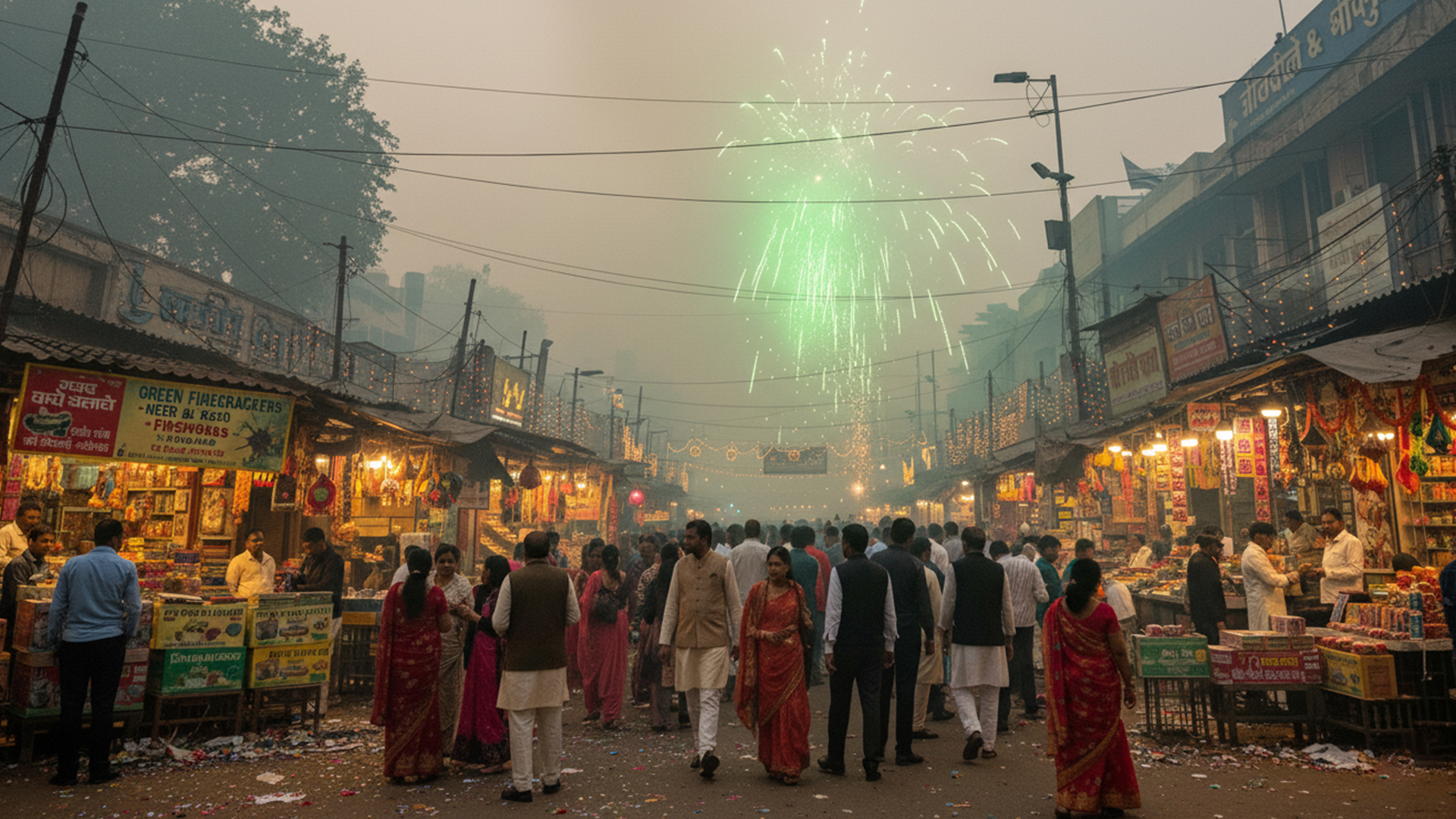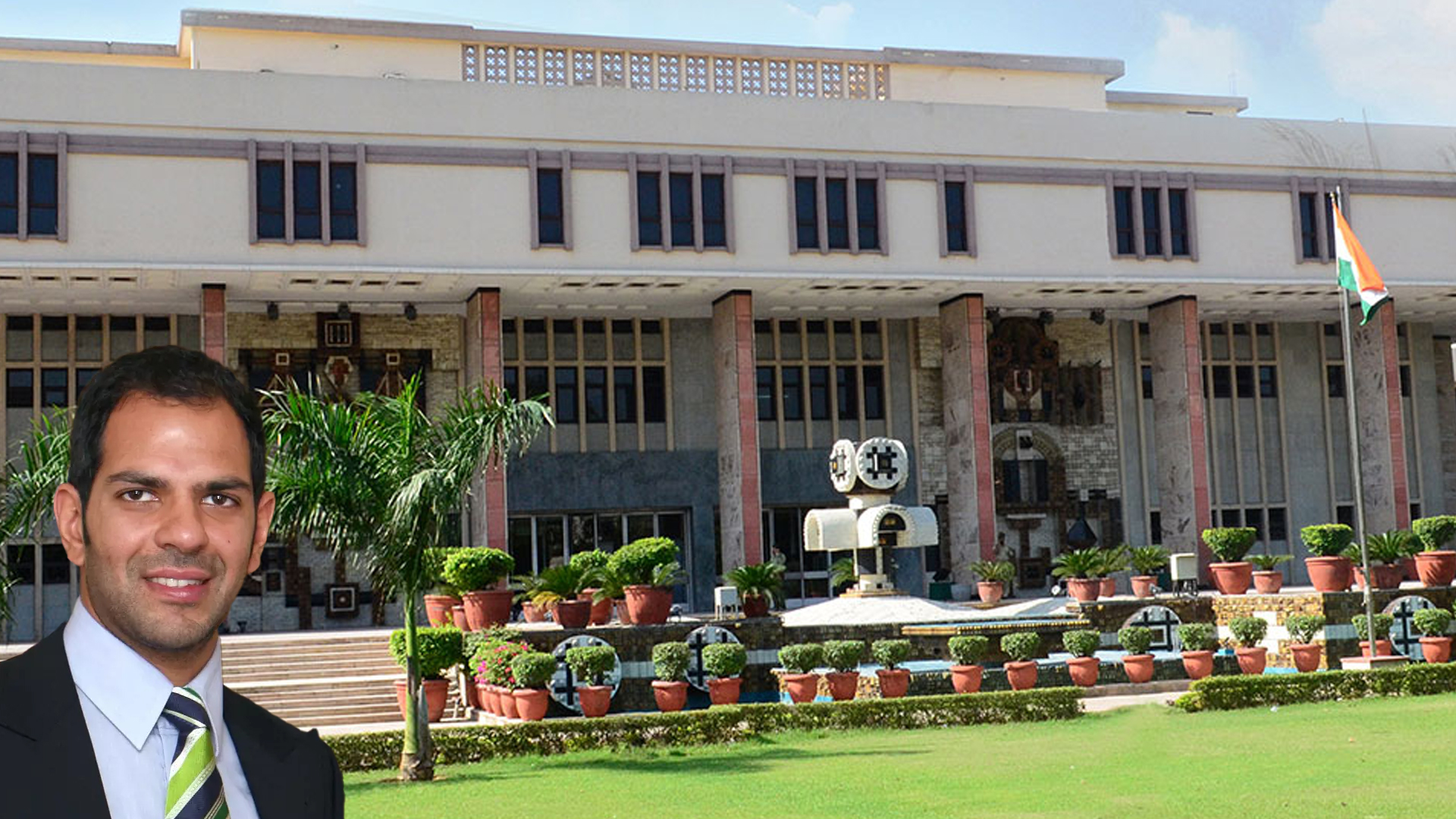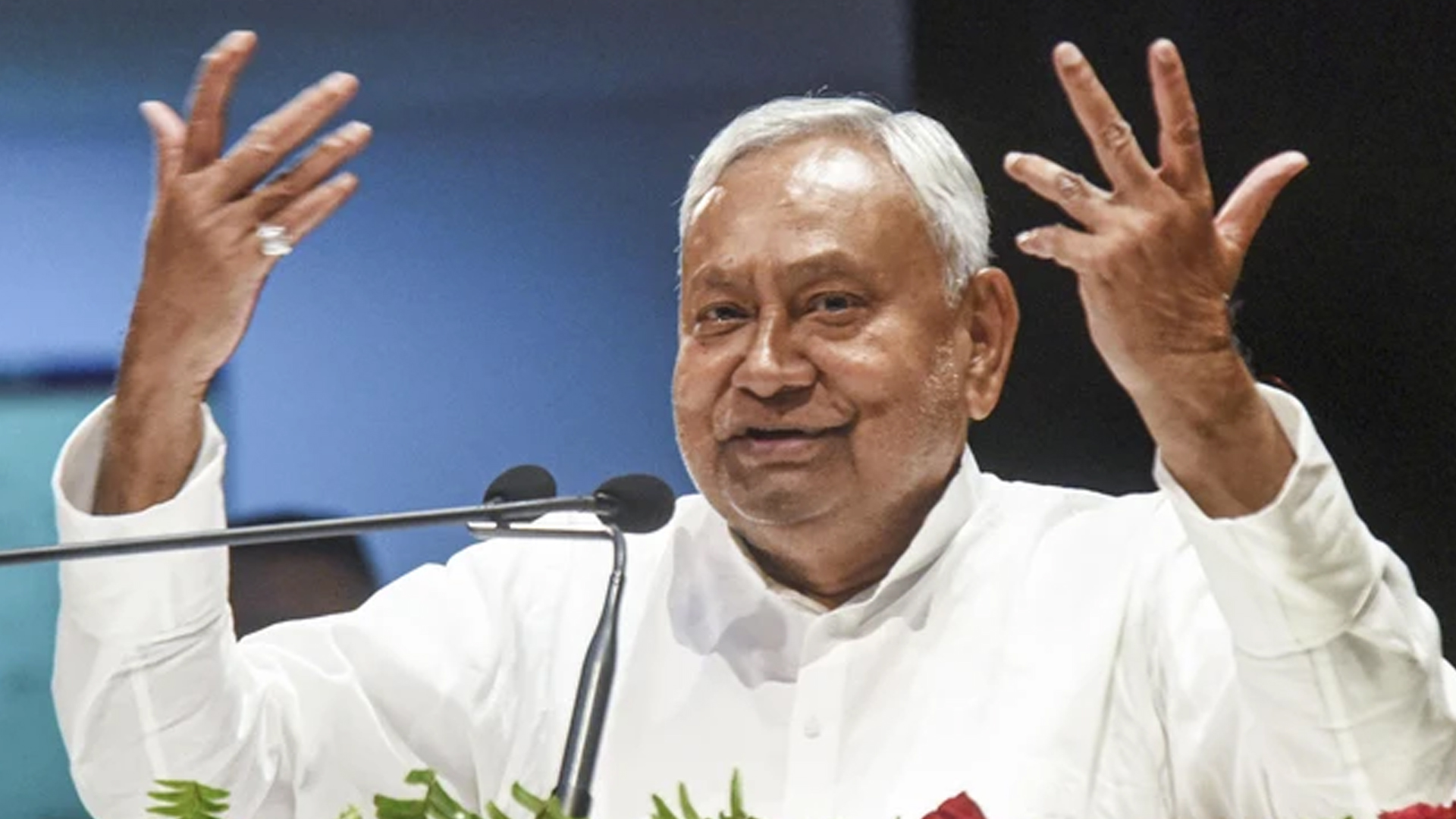The Supreme Court on Wednesday, October 15, 2025, eased its previous blanket restriction on firecrackers, permitting the sale and use of green firecrackers in the Delhi–National Capital Region (NCR) under strict guidelines.
A Bench comprising Chief Justice of India B.R. Gavai and Justice K. Vinod Chandran allowed sales of green firecrackers from October 18 to October 21, provided they are sold only at designated outlets.
The court also restricted their use to specific hours: 6-7 am and 8-10 pm. The Bench made it clear that online sales through e-commerce platforms would continue to be prohibited.
The court explained that its earlier blanket ban had proven counterproductive.
Conventional firecrackers were being smuggled into the market, causing far greater environmental damage than green alternatives. “Conventional firecrackers are smuggled, which causes more damage. We have to take a balanced approach,” the Bench said.
The Supreme Court’s decision revisits its April 3 order, which had imposed a year-long prohibition on the manufacture, storage, sale, and use of all firecrackers in the capital.
That order, passed by a Division Bench of Justices Abhay S. Oka and Ujjal Bhuyan, had held that a short seasonal restriction would be ineffective as sales and usage would continue outside the designated period.
Petitioners, including the Federation of Fireworks Traders, the Association of Fireworks (Haryana), and the Indic Collective Trust, had challenged the ban as arbitrary and lacking a scientific basis.
They argued that other factors, such as stubble burning and vehicular emissions, contributed far more significantly to Delhi’s winter smog.
In September, the Supreme Court had permitted certified manufacturers to resume production of green firecrackers, provided they held approvals from the National Environmental Engineering Research Institute (NEERI) and the Petroleum and Explosives Safety Organisation (PESO).
At that time, the court observed that enforcing a blanket ban without an effective monitoring mechanism was impractical, and it asked the government to propose a more balanced regulatory framework.
Following this, the Commission for Air Quality Management (CAQM) reported to the court that enforcement gaps continued to exist.
The body highlighted instances of manufacturers allegedly selling QR codes to unlicensed producers and noted the absence of a robust verification system to ensure that only certified firecrackers were being sold in the market.
The Supreme Court’s latest order reflects an effort to balance environmental concerns with the livelihoods of firecracker traders, allowing limited use of environmentally friendly alternatives while keeping stricter controls on illegal or uncertified products.
Also Read: Jaisalmer-Jodhpur Bus Blaze Kills 20, Many Injured






